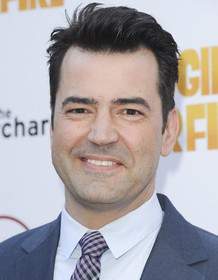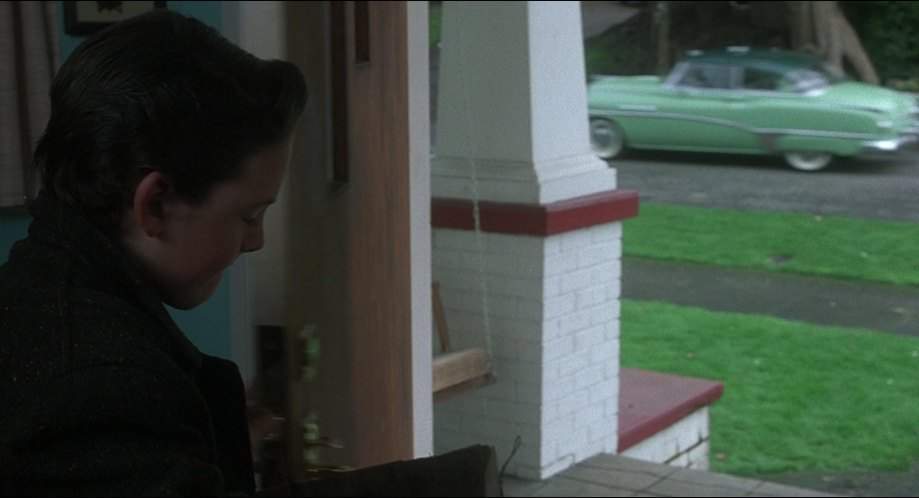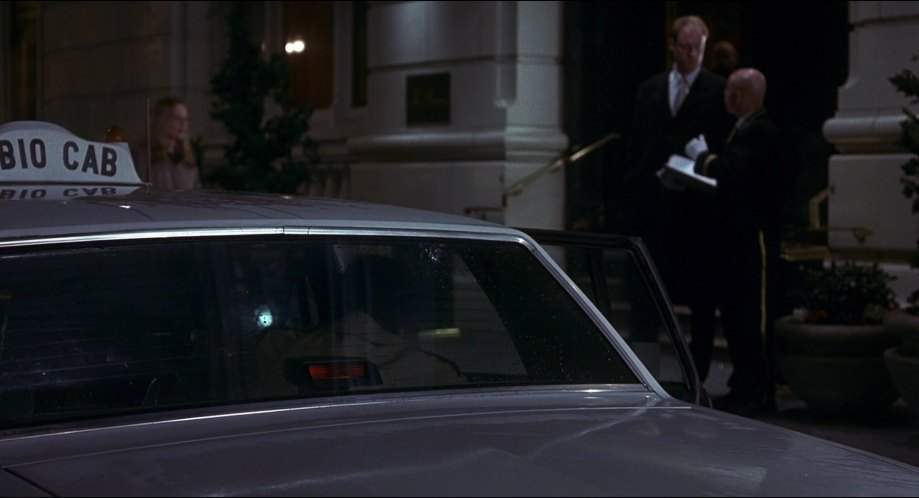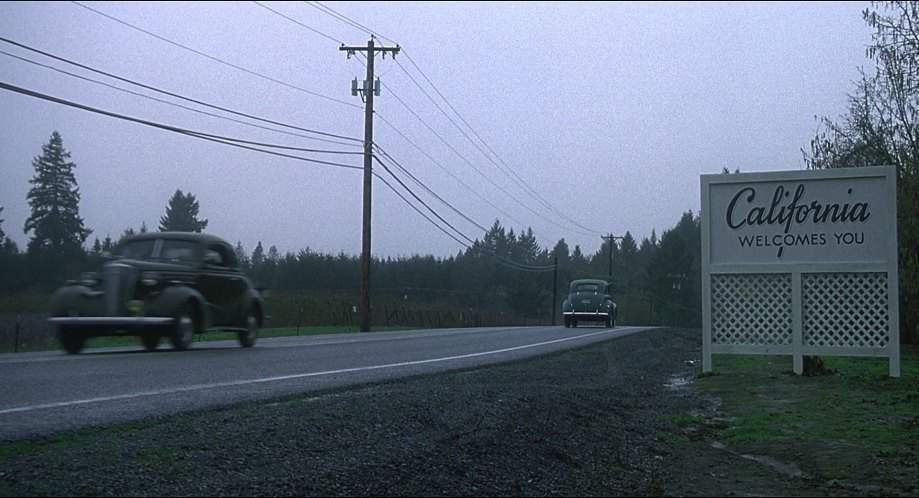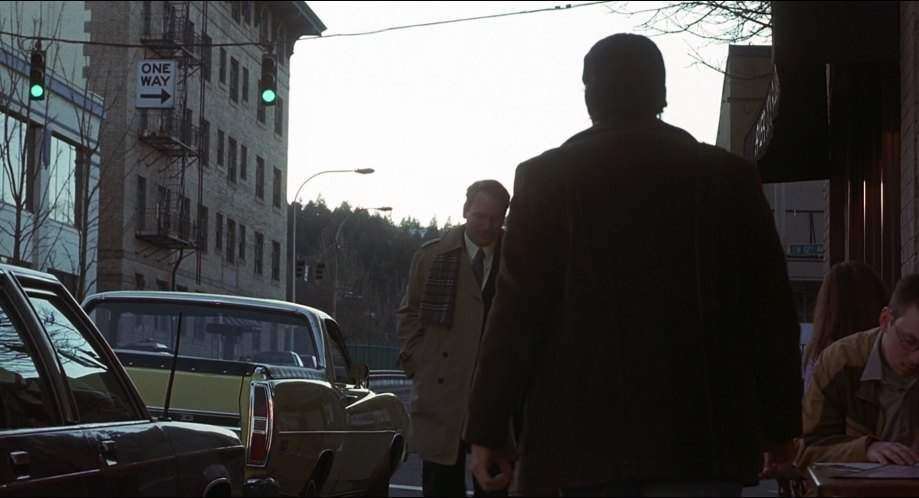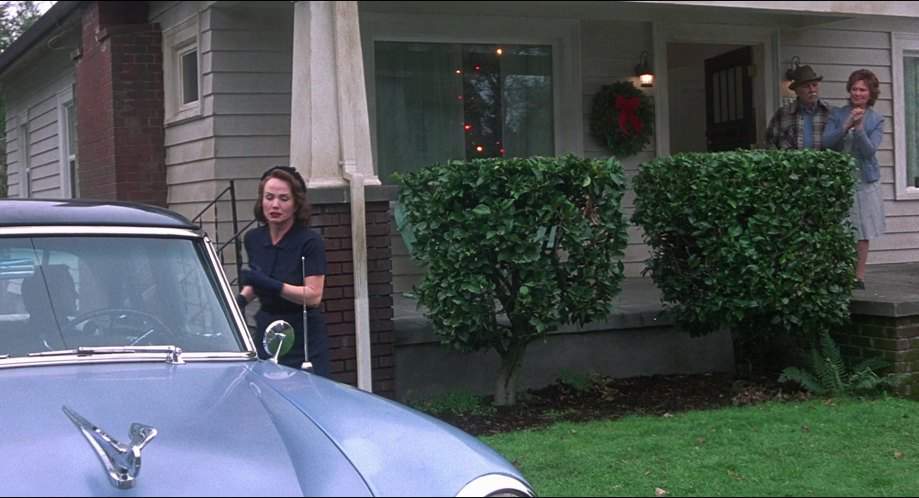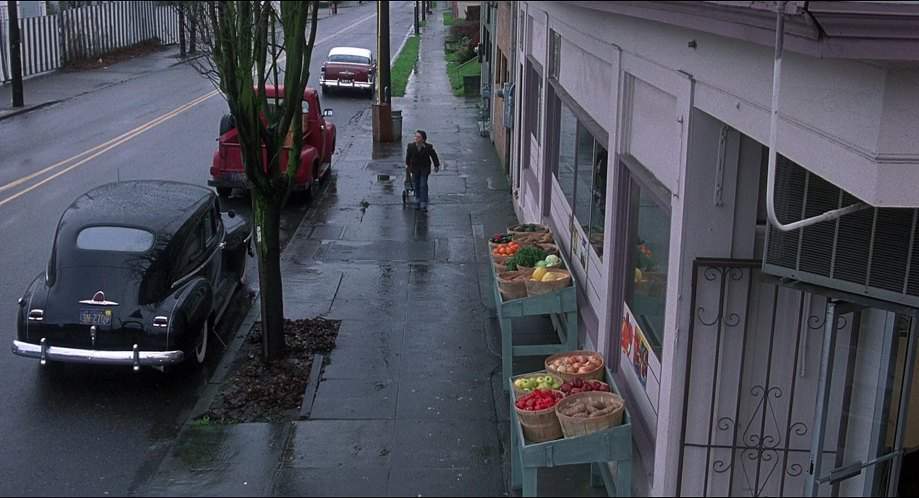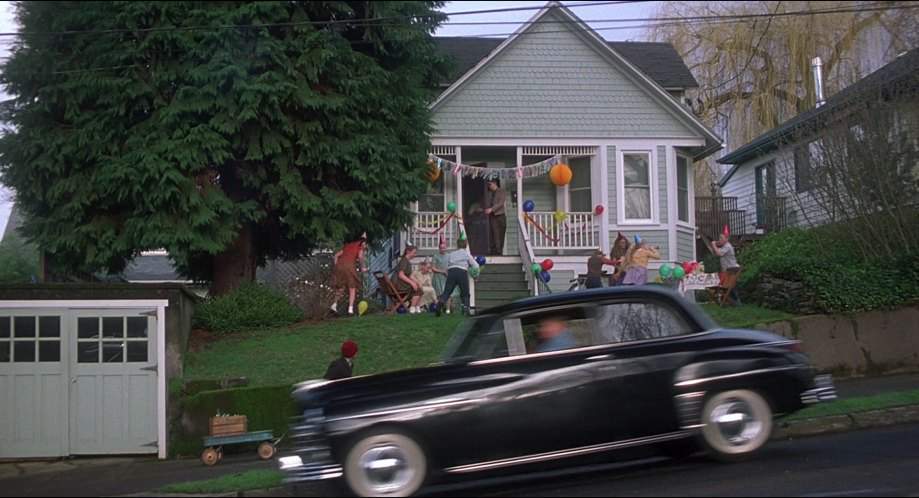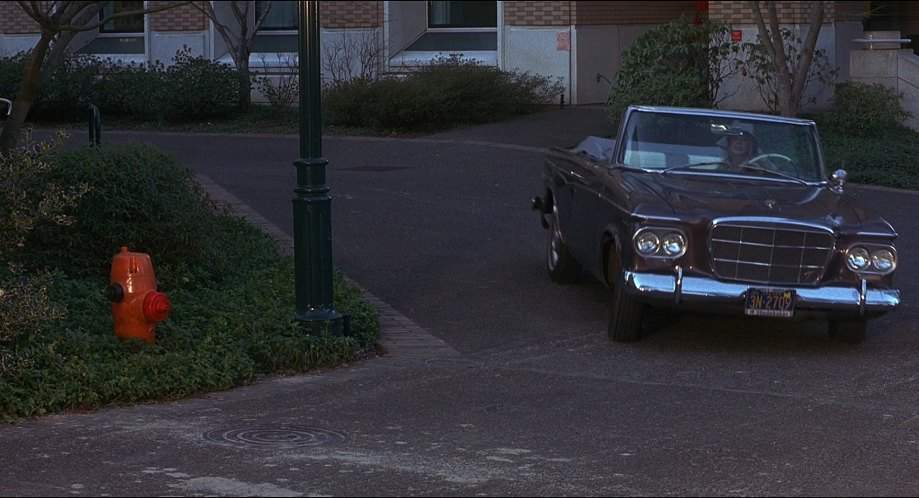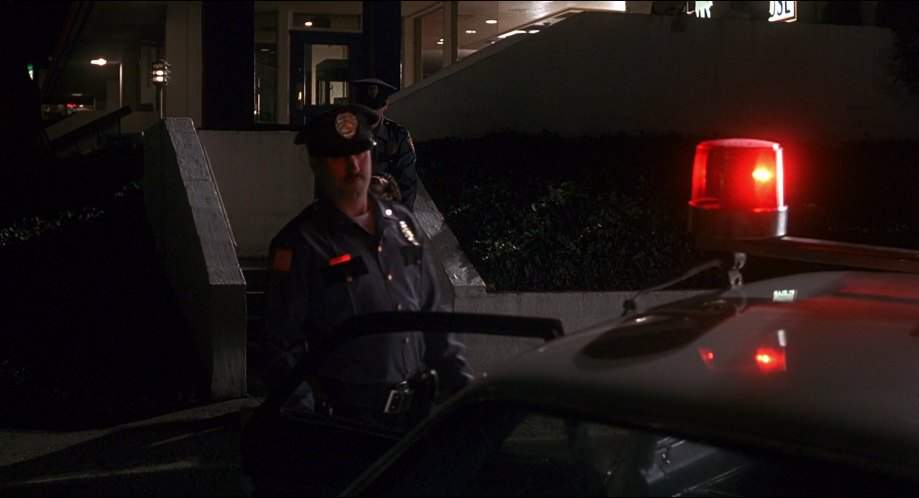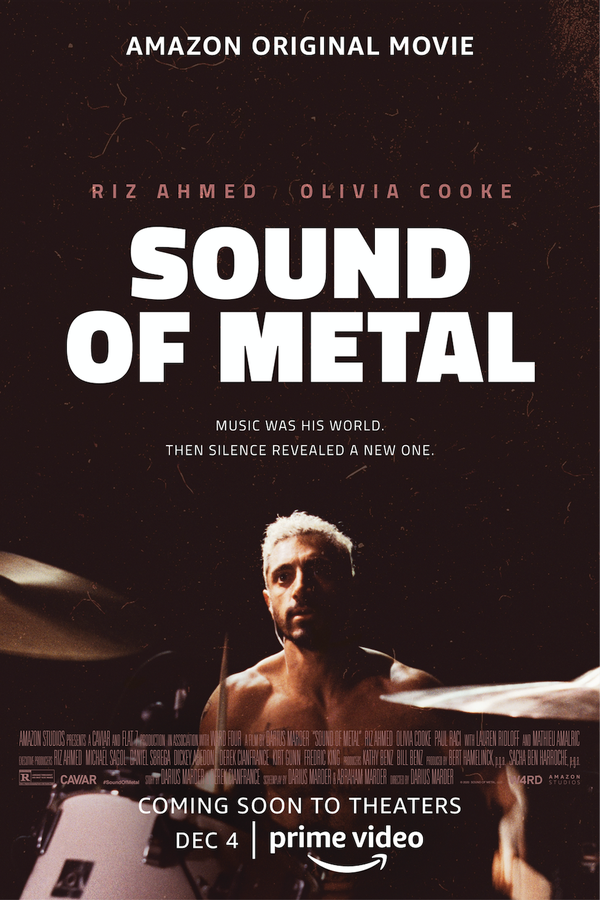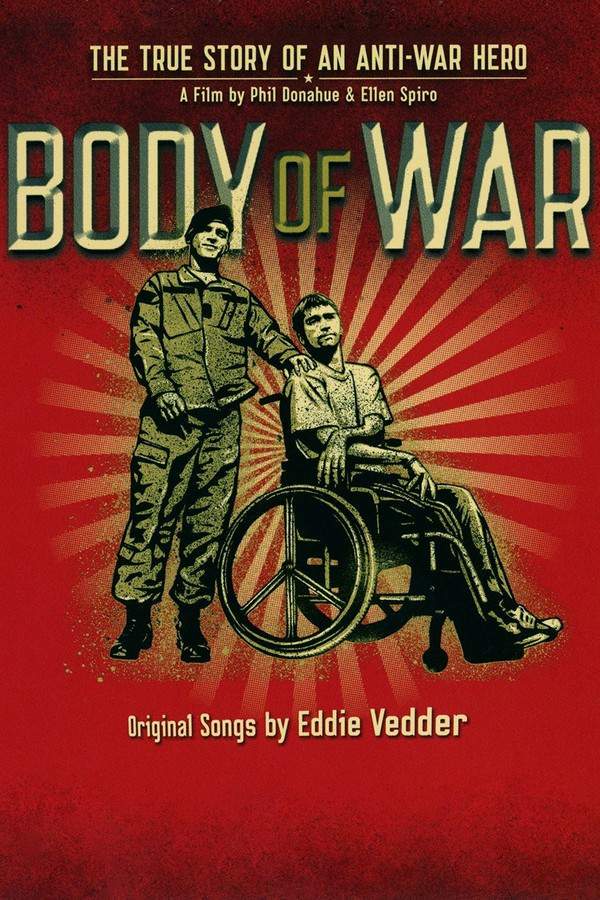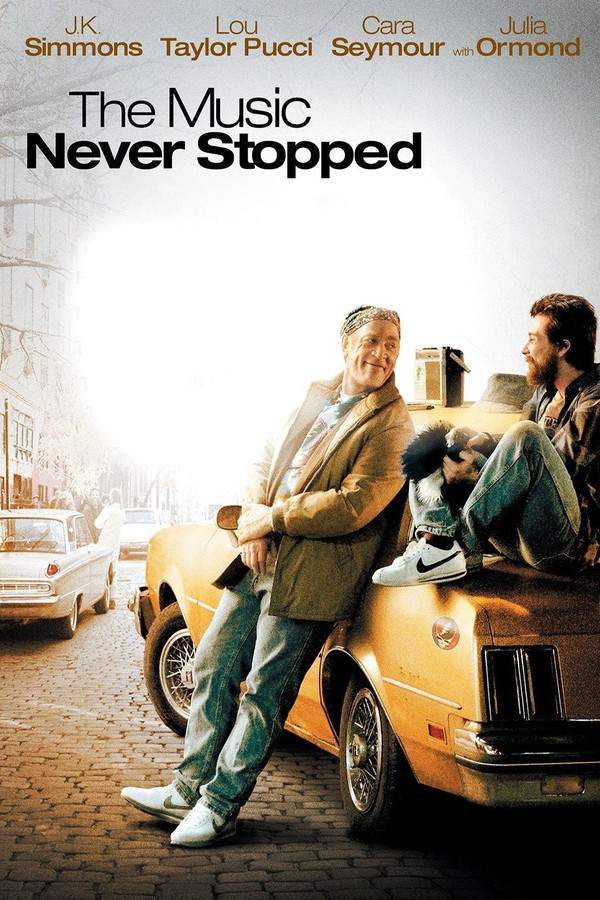Music Within 2007
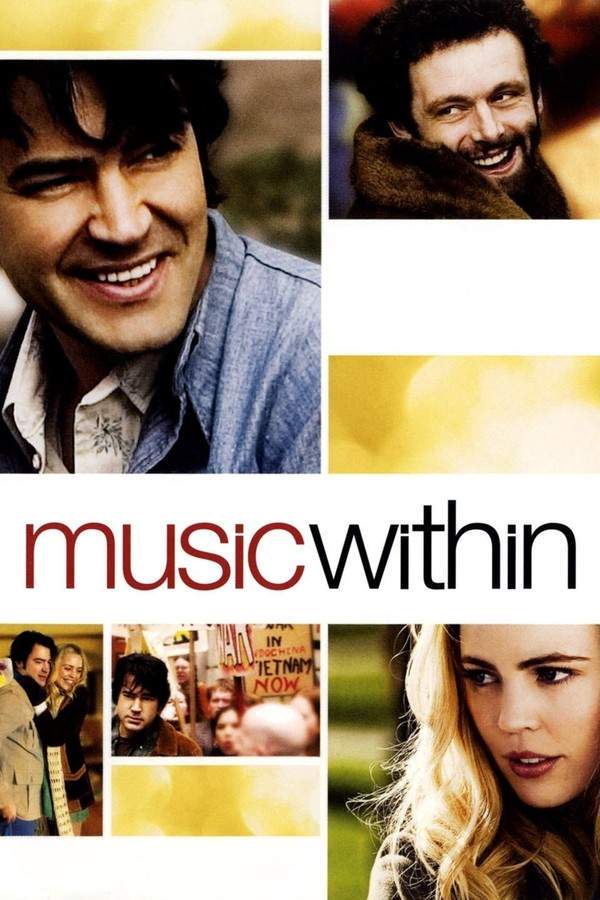
Following a bomb blast in post-war Oregon, a young soldier named Richard Pimentel loses his hearing and must adjust to a dramatically altered life. Determined to find purpose, he dedicates himself to supporting fellow veterans and disabled individuals, challenging the prejudice and pity they often face. With humor and perseverance, Richard and his companions navigate challenging times, discover their strength, and advocate for inclusivity, sharing a powerful message of hope and resilience.
Does Music Within have end credit scenes?
No!
Music Within does not have end credit scenes. You can leave when the credits roll.
Meet the Full Cast and Actors of Music Within
Explore the complete cast of Music Within, including both lead and supporting actors. Learn who plays each character, discover their past roles and achievements, and find out what makes this ensemble cast stand out in the world of film and television.
External Links and Streaming Options
Discover where to watch Music Within online, including streaming platforms, rental options, and official sources. Compare reviews, ratings, and in-depth movie information across sites like IMDb, TMDb, Wikipedia or Rotten Tomatoes.
Ratings and Reviews for Music Within
See how Music Within is rated across major platforms like IMDb, Metacritic, and TMDb. Compare audience scores and critic reviews to understand where Music Within stands among top-rated movies in its genre.

53
Metascore
tbd
User Score


33%
TOMATOMETER

78%
User Score

7.2 /10
IMDb Rating

65
%
User Score
Take the Ultimate Music Within Movie Quiz
Challenge your knowledge of Music Within with this fun and interactive movie quiz. Test yourself on key plot points, iconic characters, hidden details, and memorable moments to see how well you really know the film.
Music Within Quiz: Test your knowledge about the inspiring journey of Richard Pimentel and his advocacy for individuals with disabilities.
In what year was Richard Pimentel adopted?
1945
1947
1949
1951
Show hint
Full Plot Summary and Ending Explained for Music Within
Read the complete plot summary of Music Within, including all major events, twists, and the full ending explained in detail. Explore key characters, themes, hidden meanings, and everything you need to understand the story from beginning to end.
In 1947, Portland, Oregon, infant Richard Pimentel faced a tumultuous fate as his paranoid schizophrenic mother chose to give him up for adoption. Although she later reclaimed him from the orphanage, Richard’s early life was fraught with turmoil, predominantly shaped by his single mother and largely overseen by his maternal grandmother and his Chinese-American father, Dell Fong. Tragedy struck when an accidental death at Dell’s market transformed Richard’s world, leaving him to navigate life’s trials without his father’s guiding presence. The subsequent institutionalization of his mother added another layer of uncertainty to Richard’s already complex childhood.
As a teenager, Richard unearthed a natural talent for public speaking. After graduating from high school in 1969, he explored the possibility of attending Portland State University, where he captivated the attention of Dr. Ben Padrow, the head of the speech department and a football coach. Richard delivered an inspiring speech that prompted Dr. Padrow to encourage him to “live a full life” to better hone his speaking abilities. This pivotal moment ignited a transformation within Richard, leading him to enlist in the military and serve on the challenging battlefields of the Vietnam War.
The war left an indelible mark on Richard, as he suffered from severe hearing loss and persistent tinnitus due to a close-proximity bombing. Upon his return to Portland, Richard enrolled at the university, where he cultivated an unlikely yet strong friendship with Mike Stolz, a volatile but brilliant drunk, and Art Honeyman, a gifted writer living with cerebral palsy. This tight-knit trio became essential in Richard’s life, allowing him to find his voice, with Art being a particularly close companion.
Their bond was tested when Richard stood up for Art at a local roller skating rink against a bully named Nikos, who insulted them from a distance. Later, Richard responded to a ride-share advertisement posted by university student Christine, with whom he developed an intense physical attraction after they shared a night together. However, upon realizing that Christine maintained an open relationship with Nikos, Richard grappled with emotional turmoil while continuing to navigate this complicated connection.
As Richard transitioned out of the university, he began a promising career at an insurance agency, yet his life was soon to take a profound turn. On Art’s birthday, Richard took him out for dinner, only for them to be met with blatant discrimination from a waitress and manager who refused to serve them due to Art’s presence. Their protest led to an arrest under an “ugly law,” an unjust ordinance aimed at marginalizing the disabled and impoverished. This incident became a catalyst for Richard’s transformation, inspiring him to leave his insurance job and devote himself to nonprofit work dedicated to assisting veterans and those with disabilities in securing employment.
Fast-forward to 1978, where Richard received his first hearing aids, although they failed to restore his hearing effectively. With Dr. Padrow’s guidance, he met Bill Austin, the innovative founder of Starkey Hearing Technologies, who specialized in advanced hearing aids capable of changing the lives of the hearing impaired. Alongside Art, Richard began working on a detailed treatise addressing the challenges faced by individuals with disabilities.
As the 1980s progressed, Richard cemented his reputation as a passionate advocate for people with disabilities. He became a highly sought-after keynote speaker for various government agencies, delivering impactful speeches that underscored the need for effective accommodations for disabled individuals. He also pioneered a significant educational program about HIV/AIDS, further solidifying his status as a leading voice in this critical field. Unfortunately, the pressures of his newfound fame strained his relationship with Christine, leading to a rift when he canceled their plans to attend a speaking event.
The grief of losing two significant figures—Mike, who tragically took his own life, and his mother, who died in a psychiatric hospital—hit Richard hard. However, he managed to reconnect with Christine, now engaged to someone else, as they fostered a warm friendship. In 1990, a monumental achievement unfolded with the passage of the Americans with Disabilities Act, acknowledging the invaluable contributions of advocates like Richard. In a heartwarming culmination of his journey, Richard and Art celebrated Art’s birthday at the very diner that once denied them service, symbolizing a triumphant return to a place that had once marginalized them due to their disabilities.
Uncover the Details: Timeline, Characters, Themes, and Beyond!

Coming soon on iOS and Android
The Plot Explained Mobile App
From blockbusters to hidden gems — dive into movie stories anytime, anywhere. Save your favorites, discover plots faster, and never miss a twist again.
Sign up to be the first to know when we launch. Your email stays private — always.
Watch Trailers, Clips & Behind-the-Scenes for Music Within
Watch official trailers, exclusive clips, cast interviews, and behind-the-scenes footage from Music Within. Dive deeper into the making of the film, its standout moments, and key production insights.
Cars Featured in Music Within
Explore all cars featured in Music Within, including their makes, models, scenes they appear in, and their significance to the plot. A must-read for car enthusiasts and movie buffs alike.
Music Within Themes and Keywords
Discover the central themes, ideas, and keywords that define the movie’s story, tone, and message. Analyze the film’s deeper meanings, genre influences, and recurring concepts.
Music Within Other Names and Titles
Explore the various alternative titles, translations, and other names used for Music Within across different regions and languages. Understand how the film is marketed and recognized worldwide.
Similar Movies To Music Within You Should Know About
Browse a curated list of movies similar in genre, tone, characters, or story structure. Discover new titles like the one you're watching, perfect for fans of related plots, vibes, or cinematic styles.
Quick Links: Summary, Cast, Ratings, More

What's After the Movie?
Not sure whether to stay after the credits? Find out!
Explore Our Movie Platform
New Movie Releases (2026)
Famous Movie Actors
Top Film Production Studios
Movie Plot Summaries & Endings
Major Movie Awards & Winners
Best Concert Films & Music Documentaries
Movie Collections and Curated Lists
© 2026 What's After the Movie. All rights reserved.




